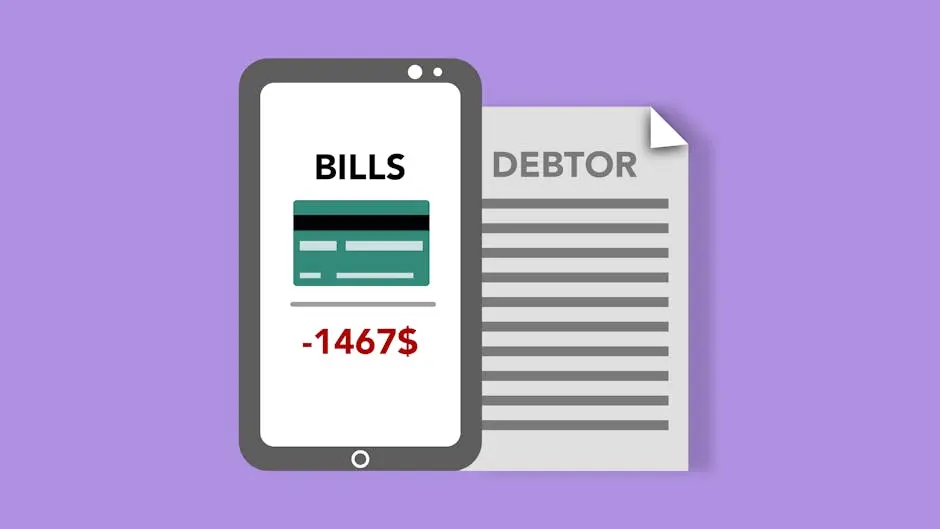Understanding how credit score repair impacts your financial history is crucial in the journey toward financial health. This guide will walk you through the essentials in a simple, engaging manner, ensuring you know what steps to take for a brighter financial future.
Understanding Credit Score Repair
Credit score repair often sounds like a daunting undertaking, but it’s essentially about correcting inaccuracies on your credit report and improving your financial behaviors. By understanding what constitutes your credit score—like payment history, credit utilization, and length of credit history—you’re taking the first step toward meaningful improvement.
Think of your credit score as a financial footprint that follows you. Missteps, no matter how small, can impact this score negatively. Credit score repair, then, is the process of minimizing those missteps and enhancing your creditworthiness. It’s not overnight magic but a calculated approach to financial stability.
How Credit Repair Affects Your Credit History
When you begin the journey of credit score repair, every action you take can have a ripple effect on your credit history. For instance, disputing inaccuracies can remove negative entries that unfairly lower your score, thus improving your history over time. This process doesn’t erase your financial past but emphasizes a positive trajectory.
It’s a common misconception that credit score repair is a quick fix to your credit history. In reality, it’s about establishing a pattern of reliable financial behavior. Every timely payment or reduction in credit card balances can contribute positively to your credit report, slowly but surely improving your credit standing.
Positive Actions and Their Impacts
One positive step you can take is to regularly monitor your credit score and report. This doesn’t just help you track improvements; it also makes you quickly aware of any inaccuracies or fraudulent activities that could harm your score. Regular monitoring is a preventive measure that safeguards your credit health.
Another effective strategy in credit repair is reducing your credit utilization ratio. This shows lenders you’re not overly reliant on credit and can manage your finances responsibly. Over time, such actions can enhance your creditworthiness in the eyes of future lenders, giving you access to better loan terms and interest rates.
Potential Risks and How to Avoid Them
Embarking on a credit repair journey without a clear plan can lead you to pitfalls like accruing more debt or using unreliable repair services. To mitigate these risks, it’s vital to have a strategic approach—setting realistic financial goals, creating a budget, and possibly consulting with a credit counseling service can set you on the right path.
Beware of companies that promise instant fixes to your credit score. True credit repair is a gradual process that involves disputing inaccuracies and demonstrating financially responsible behavior over time. Falling for quick-fix schemes can lead you to waste money and potentially worsen your credit situation.
Maintaining a Healthy Credit Score Post-Repair
Achieving a healthier credit score is a remarkable milestone, but the real challenge lies in maintaining it. This requires continual financial discipline, like keeping your credit utilization low, paying bills on time, and avoiding taking on unnecessary debt. These habits will help solidify your financial standing long term.
Periodically review your credit lines and consider diversifying your credit mix, as this can positively impact your credit score. However, it’s crucial to only take on new credit accounts when absolutely necessary and when you’re confident in your ability to manage them responsibly. A thoughtful approach to credit can keep your score on the right track.
Frequently Asked Questions
One common question is whether closing old credit accounts can improve your credit score. Typically, it’s better to keep them open, as they contribute to your credit history length and can positively affect your score. Always weigh the pros and cons before making such decisions.
Many wonder if paying off debts in collections will remove the negative mark from their credit history. While the mark won’t disappear, paying off the debt can look favorable to lenders reviewing your credit report for future loans or credit. It’s a step towards rebuilding your financial reputation.
Wrapping Up: Your Credit Score and You
Credit score repair is a journey that not only aims at improving your current credit score but also has a significant impact on your entire credit history. It’s about making wise financial decisions today that will pay off tomorrow. Remember, improving your credit score and maintaining a positive credit history is an ongoing process that requires patience, discipline, and a good strategy.

